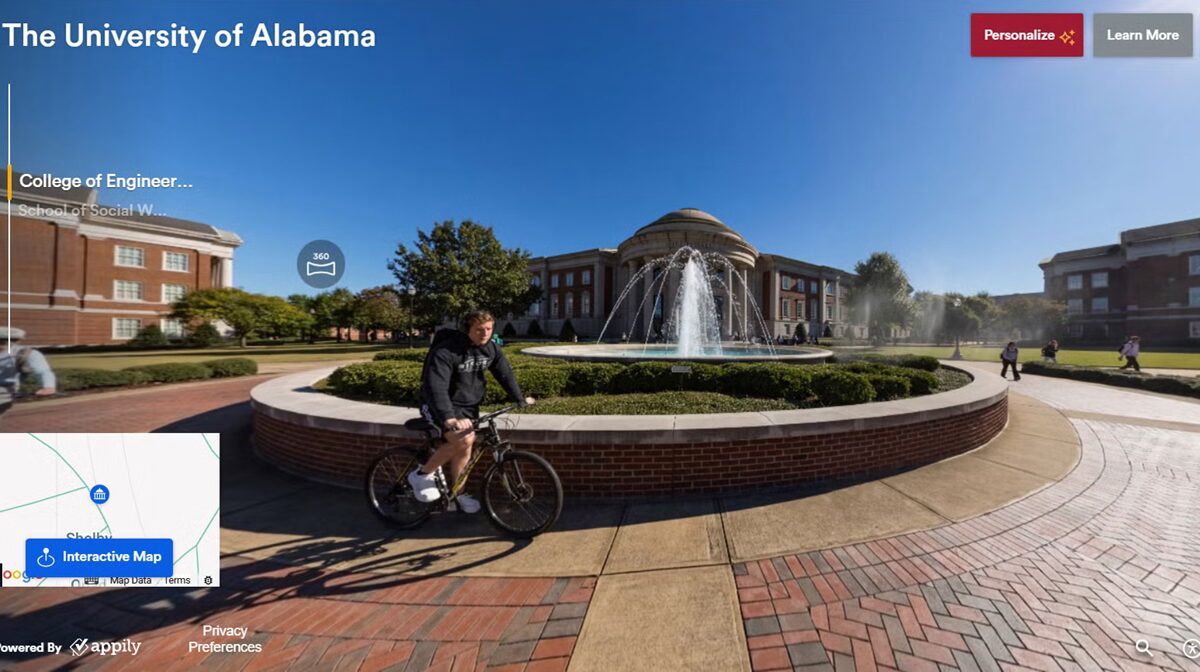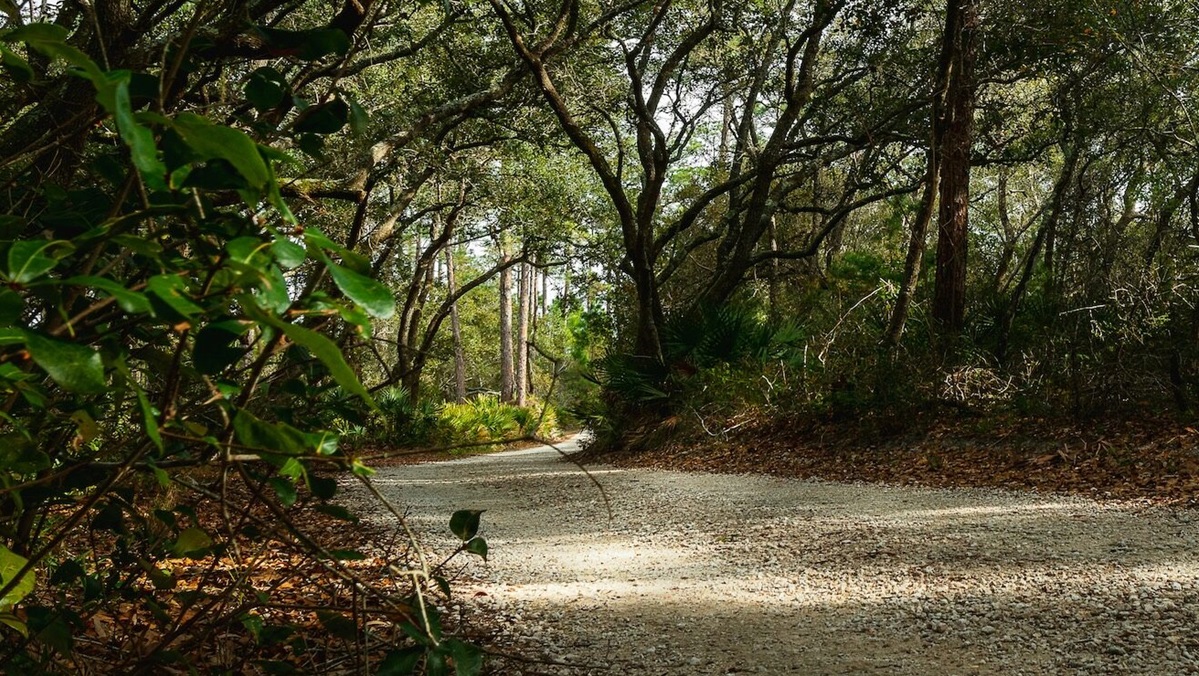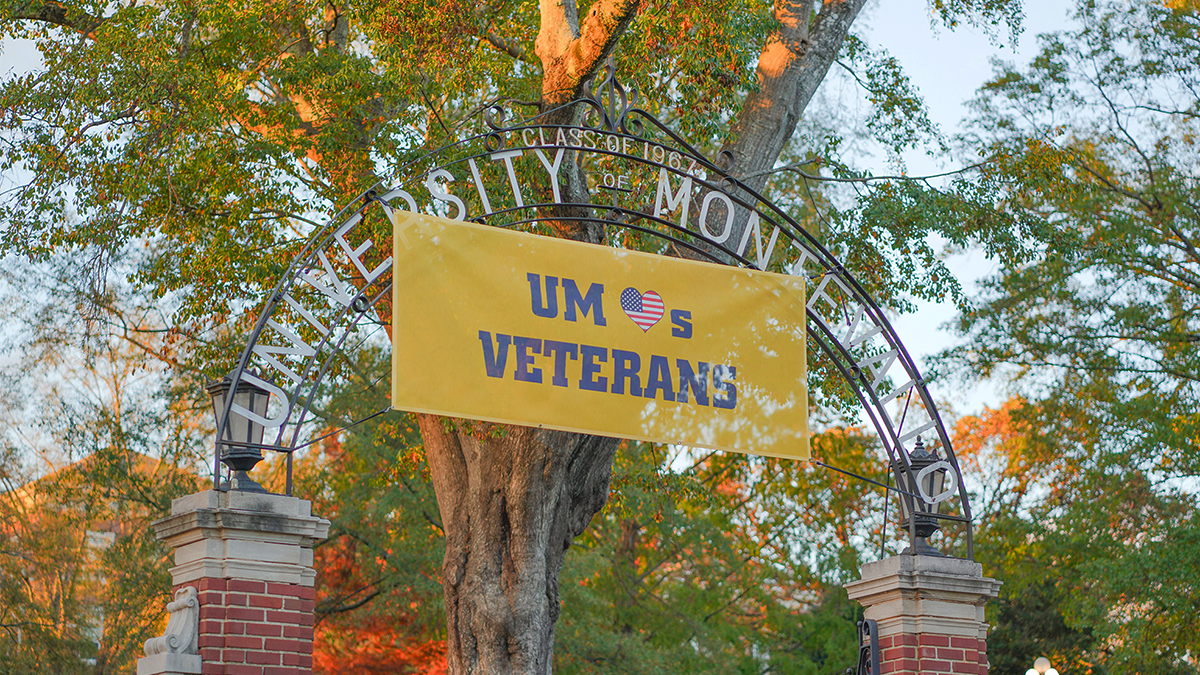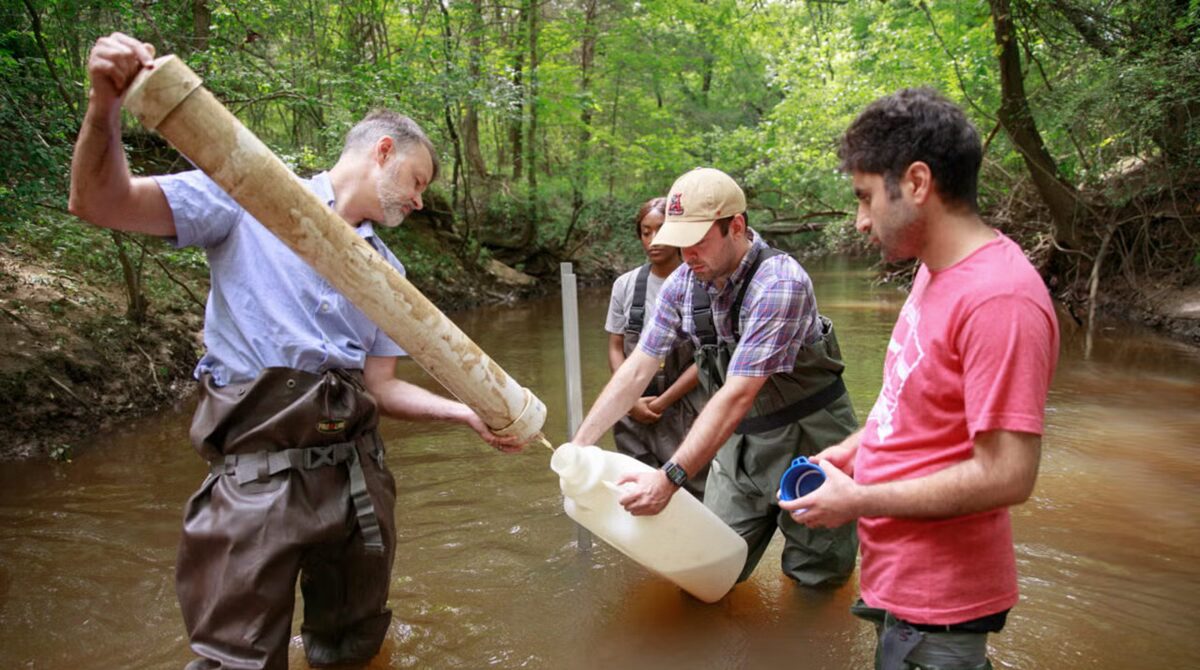John Lewis fellows working to help the less fortunate in Alabama

Justin Arrington is one of six John Lewis Legal Services fellows working across Alabama. (contributed)
Every day on his way to work, Justin Arrington crosses the famous Edmund Pettus Bridge in Selma, where in 1965 a young Black activist named John Lewis was beaten unconscious by police and sheriff’s deputies as he and others prepared to march to Montgomery to advocate for the right to vote.
Arrington often thinks about Lewis – the Alabama native who became a Georgia congressman and who, throughout his career in public service, advocated for human rights and social justice. Lewis died in 2020, and much of the nation mourned.
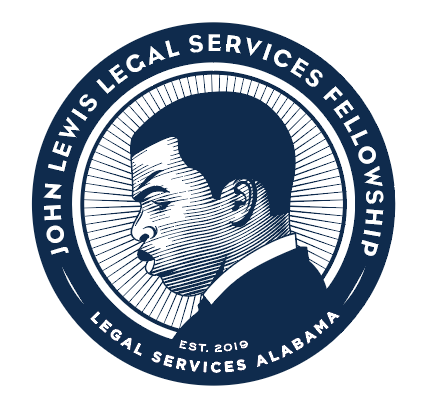 A Maryland native and recent graduate of Mississippi College School of Law, Arrington isn’t only inspired by Lewis; he’s taken Lewis’ mission to heart as one of six John Lewis Legal Services fellows working across the state.
A Maryland native and recent graduate of Mississippi College School of Law, Arrington isn’t only inspired by Lewis; he’s taken Lewis’ mission to heart as one of six John Lewis Legal Services fellows working across the state.
In 2019, Legal Services Alabama (LSA), the state’s only civil legal aid service organization, launched the John Lewis Legal Services Fellowship program in advance of the 55th anniversary of the 1965 federal Voting Rights Act – the landmark law that Lewis’ activism helped to make happen.
The fellowship program, as originally envisioned, would place recent law school grads with senior LSA lawyers to help provide legal and social justice services in underserved and underrepresented communities in Alabama’s Black Belt and Wiregrass regions.
But as the inaugural class of Lewis fellows prepared to begin work in the spring of 2020, the COVID-19 virus began its lethal spread across the country. At the same time, the killings of Ahmaud Arbery, George Floyd and other Black men elevated long-simmering issues of racial and social justice.
With the pandemic spawning a myriad of its own legal issues. LSA adjusted the fellowship program to help provide legal aid and support to individuals and communities statewide. But there’s been no shift in the fellowship’s overall focus: to help train recent law school graduates interested in rural economic justice for careers in public interest and social justice law – with the goal of supporting positive change and improving the quality of life for lower-income individuals and families.
As part of the yearlong program, which is supported by the Alabama Power Foundation, fellows also gather to examine Lewis’ life and his good works by taking part in a speaker series and tracing Lewis’ footsteps in Alabama, visiting sites linked to his civil rights and human rights activities.
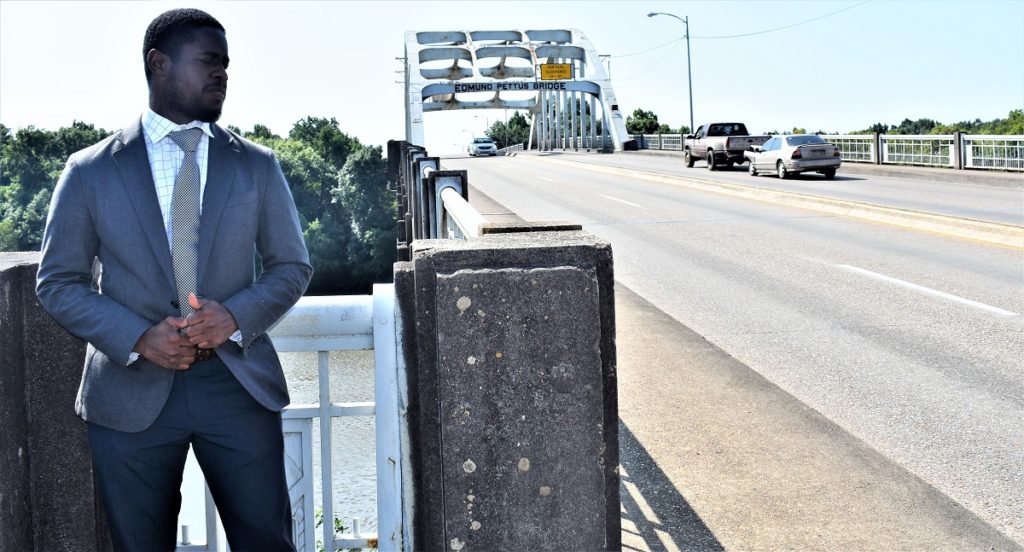
Justin Arrington is one of six John Lewis Legal Services fellows working across Alabama. (contributed)
Of course, Arrington – the one 2021 fellow based in LSA’s Selma office – gets to cross Lewis’ most famous path every day.
“It makes me think about why we’re doing the work we’re doing,” said Arrington, who, after just a few weeks on the job, is already helping multiple clients. Much of his caseload involves aiding people who are facing eviction from their homes because of financial difficulties, often the result of a loss of income related to the ongoing pandemic.
Felecia Pettway, LSA’s director of development, said all the 2021 fellows are working on housing-related issues, because the need is so pervasive amid COVID-19. Millions nationwide are potentially weeks away from being evicted from their homes because they can’t pay the rent or the mortgage. An attempt by President Biden to extend a COVID-related federal moratorium on evictions that expired July 31 was turned away by the U.S. Supreme Court on Aug. 26. That leaves any potential reinstatement of the moratorium in the hands of Congress.
Pettway noted that before the pandemic struck, LSA averaged less than 10 calls a day related to eviction issues. Today, the average is closer to 40.
“We are trying to prevent people from being set out on the streets, trying to prevent homelessness,’’ Pettway said.
Statewide, LSA deploys a force of about 75 lawyers, plus the six fellows, who work on a variety of civil-related legal issues for individuals and families – from housing to bankruptcy, consumer debt and collection cases to predatory lending. LSA also makes use of lawyers around the state who volunteer their time “pro bono,” or without charging fees.
Alabama is one of only two states in which no state dollars are allocated to support civil-related legal services for people with limited incomes, Pettway said.
When Arrington first entered law school, he envisioned working in sports or entertainment law. But as his studies and experiences expanded, including an internship in the Baltimore County district attorney’s office, his interest in pursuing civil rights law and helping the less fortunate grew.
He spent a year after law school working with a nonprofit in Mississippi focused on disability rights, which further bolstered his interest in public sector law. It led to his hiring as a John Lewis fellow.
Arrington said in the brief time he’s spent so far in Selma and in the Black Belt, the economic deprivation that has plagued the region and many of its people for decades is evident. In addition to high levels of poverty and a dearth of well-paying jobs, the Black Belt is grappling with a variety of other issues, from limited educational opportunities and substandard housing, to a declining number of healthcare facilities, to limited broadband access. These and other challenges can push families into crises that force them to seek legal help.
“The issues are large, and they are continuous,” Pettway said.
Another challenge in the Black Belt and other rural areas is access to transportation. So, LSA lawyers will often travel to the clients – meeting them at their homes or at the courthouse – or connect with them virtually, because the client has no way to get to them.
“We plan on being creative,” Arrington said, adding that the pressure faced by many low-income families, on multiple fronts, can trigger other problems, from clients also dealing with emotional health issues, and even domestic abuse.
“It’s not just the legal issues; there are the mental aspects – the feeling that your voice is not being heard. That no one is in your corner, that you are getting preyed upon,” he said.
He said while Selma and the region has its challenges, it’s a beautiful place, with tremendous history and warm, friendly people.
“It’s my first experience in small-town America,” Arrington said. It’s an experience he’s quickly taken to, in a place where he is eager to make a difference.
To learn more about LSA and the John Lewis Legal Services Fellowship, visit https://legalservicesalabama.org.





